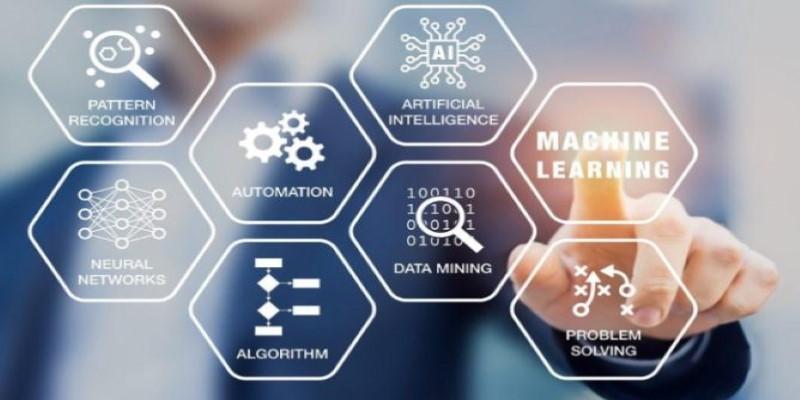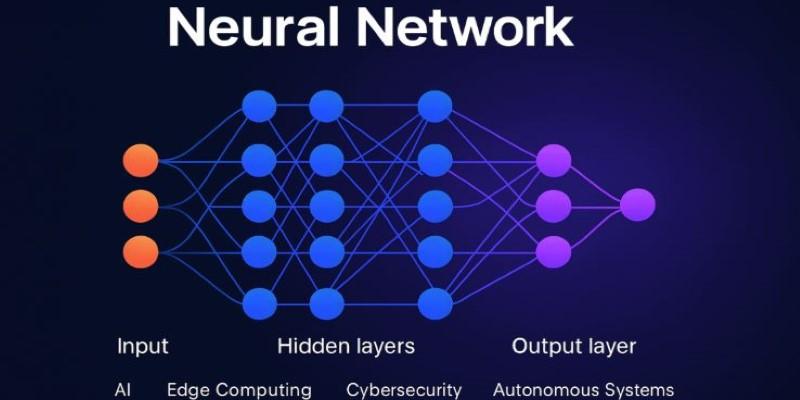Machine learning used to be the kind of phrase you’d only hear tossed around in academic circles or research labs. These days, it’s quietly running in the background of your banking app, analyzing fraud in real time, helping investors make sense of markets, and automating repetitive back-office work at financial firms.
It’s not hype—it’s daily reality for some of the world’s biggest financial institutions and a growing number of agile tech startups. As banks get leaner and hedge funds get smarter, machine learning is shaping how money moves. Here’s a closer look at 10 companies using it in ways that matter.
Top 10 Companies Using Machine Learning to Change Finance
JPMorgan Chase
JPMorgan Chase isn’t just the largest U.S. bank by assets—it’s also one of the most aggressive adopters of AI in finance. Its proprietary machine learning platform, LOXM, was designed to optimize trading execution. The bank uses AI to sift through troves of legal documents, credit reports, and market data.
One of its most widely known projects is COIN (Contract Intelligence), which processes commercial loan agreements in seconds—a job that once took thousands of hours. The bank continues to explore machine learning in fraud detection, portfolio management, and risk modeling.
BlackRock
BlackRock manages over $10 trillion in assets, and its AI-powered Aladdin platform sits at the heart of its operations. Aladdin scans markets, identifies potential risks, and gives portfolio managers data-backed recommendations.

Its real-time risk analytics rely heavily on machine learning models that adapt to new patterns. The platform is used not just internally but also licensed to other institutional clients. For BlackRock, machine learning isn't a future experiment; it's a core component of how it steers trillions.
Upstart
Upstart isn’t a traditional lender. It’s a fintech firm using machine learning to reimagine how personal loans are underwritten. Instead of just credit scores, Upstart’s models evaluate education, employment history, and more nuanced data to predict creditworthiness.
The result is a system that claims to approve more applicants at lower default rates than traditional models. With AI guiding each decision, Upstart reduces human bias and streamlines the lending process from start to finish.
Kensho
Acquired by S&P Global, Kensho builds natural language processing tools and machine learning systems that parse complex financial data. Its tools help analysts interpret economic events, news, and reports instantly.
For example, during earnings calls or geopolitical developments, Kensho’s software can quickly estimate the likely market impact. This makes it useful for traders who need speed without sacrificing depth. Kensho helped introduce a new layer of automation to financial research and continues to evolve post-acquisition.
Zest AI
Zest AI helps lenders use machine learning to build smarter credit models. It works with banks, credit unions, and auto lenders to create underwriting systems that dig deeper than traditional FICO-based approaches.
Their software considers hundreds of variables, from cash flow stability to digital behavior. The goal is to expand credit access while keeping default rates in check. Zest AI is especially known for its work in helping smaller financial institutions catch up with more advanced tech stacks.
Numerai
Numerai combines hedge fund strategy with machine learning and encrypted data. It hosts a tournament where data scientists build models using anonymized datasets. The top-performing models influence the fund’s trading decisions. This is a form of crowdsourced finance built on predictive modeling.
To encourage accuracy, the company introduced a digital token called Numeraire, which participants can stake to show confidence in their predictions. Numerai stands out as an unusual but thoughtful example of how data and finance are being integrated.
Ayasdi (SymphonyAI Sensa)
Ayasdi uses machine learning to help banks combat financial crimes. It specializes in anti-money laundering (AML) compliance by detecting unusual transaction patterns that conventional rules-based systems miss.
Now under SymphonyAI Sensa, the platform uses unsupervised learning to uncover hidden relationships in data—helping analysts spot new fraud techniques before they spread. As regulatory pressure grows, this kind of proactive AI-powered compliance becomes increasingly useful.
Klarna
Klarna is best known as a buy-now-pay-later service, but its backend is full of AI-driven decision engines. Machine learning algorithms evaluate risk in real time, enabling instant lending decisions at checkout.

Klarna also uses AI for fraud detection, customer support automation, and personalized marketing. As a fintech that handles millions of transactions a day, its ability to process and learn from that data gives it a significant edge in fast-paced e-commerce settings.
Two Sigma
Two Sigma is a tech-driven hedge fund that thrives on data and machine learning. It employs hundreds of scientists, mathematicians, and engineers who apply models to predict market behavior.
The firm absorbs massive streams of structured and unstructured data—including satellite images, weather patterns, and social trends—to feed its investment models. For Two Sigma, machine learning isn’t just about picking stocks; it’s about understanding how vast, non-obvious factors influence asset prices.
Plaid
Plaid isn’t a direct lender or investment firm, but its data infrastructure powers many fintech apps. It connects bank accounts to apps like Venmo, Robinhood, and Coinbase. Machine learning is key to cleaning, categorizing, and standardizing transaction data across thousands of banks.
Plaid’s models help users better understand their spending, budgeting, and saving behavior. It’s a quieter player, but its reach is wide—and the intelligence it adds to user-facing apps is foundational.
Conclusion
Machine learning in finance isn’t futuristic anymore—it’s here, and it’s changing how institutions think, move, and make decisions. From the largest banks to ambitious startups, companies are pushing the boundaries of how smart algorithms can help manage risk, personalize services, and uncover opportunities faster than any human ever could. While the landscape is still evolving, the ones leading today are setting the pace for how finance will operate tomorrow. It’s not about replacing people, it’s about changing the kind of work people do and the speed at which it happens.












